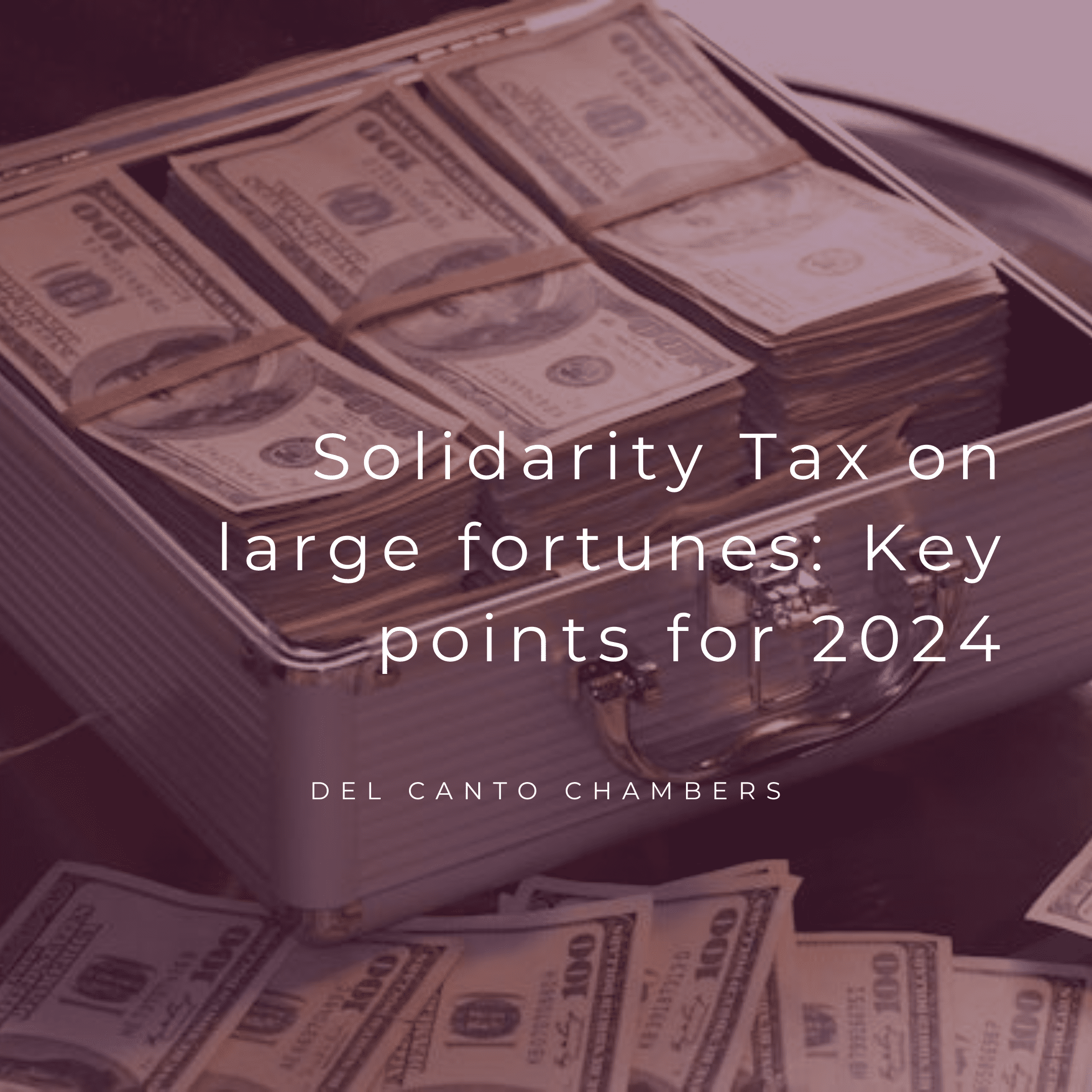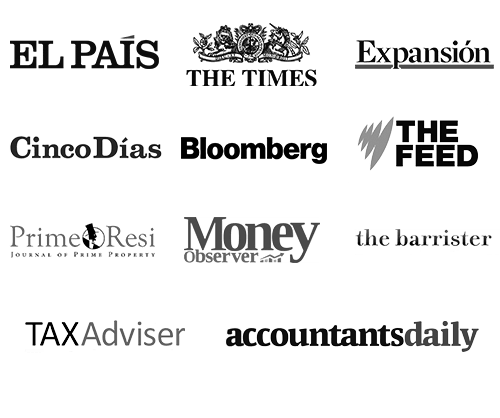As discussed in a number of previous Tax Alerts from www.venable.com, since 2009 the Internal Revenue Service has created three separate tax amnesty programs in order to encourage U.S. taxpayers to properly report and pay taxes on assets held abroad. These amnesty programs require U.S. taxpayers to pay any overdue tax, penalties and interest on unreported income, and pay an additional “in lieu” penalty (the “FBAR penalty”) based upon the amount of unreported funds held abroad. The cost of the FBAR penalty has increased successively with each of the three programs such that those who have waited until the current 2012 amnesty program to report their offshore income and assets pay an FBAR penalty of up to 27.5% of those assets as compared to the 20% FBAR penalty paid by participants in the 2009 amnesty program.
Alternatively, many taxpayers have avoided the amnesty programs and the FBAR penalty, and have instead chosen the route of either “quiet” disclosure or “noisy” disclosure in which amended returns for open years are filed that properly report offshore income. Still others have not yet decided to make disclosure of any kind.
The tax amnesty program comes at a significant economic cost, but remains the only way taxpayers can be certain of avoiding criminal prosecution. While many taxpayers who participate in “quiet” disclosure or “noisy” disclosure have underlying circumstances that would not likely lend themselves to criminal prosecution, there is no assurance that the IRS would not recommend particular cases for criminal prosecution.
Impact on Green Card Holders and Resident Aliens
On February 21, 2012, the United States Supreme Court raised the stakes for green card holders and other resident aliens in criminal tax cases. In Kawashima v. Holder, 565 U.S. ___ (2012), the Supreme Court upheld the Ninth Circuit Court of Appeals, holding that conviction of a criminal tax offense, other than tax evasion, constituted a deportable offense for the taxpayers in question who were long-time green card holders.
At issue in this case was whether the taxpayers’ guilty pleas for making and subscribing a false tax return in violation of 26 USC §7206(1) and aiding and assisting in the preparation of a false tax return in violation of 26 USC §7206(2) were deportable offenses. U.S. immigration law calls for deportation of any alien who is convicted of an aggravated felony. 8 USC §1227(a)(2)(A)(iii). A list of offenses that constitute “aggravated felonies” is set forth in 8 USC §1101(a)(43). Subparagraph (M) of §1101(a)(43) identifies an aggravated felony as an offense that either: “(i) involves fraud or deceit in which the loss to the victim or victims exceeds $10,000; or (ii) is described in §7201 of Title 26 (relating to tax evasion) in which the revenue loss to the Government exceeds $10,000.”
The Supreme Court’s holding in this case made clear that the Government may also be the “victim” in Clause (i) such that a criminal conviction involving tax liabilities in excess of $10,000 that involve fraud or deceit, arising other than in the context of a tax evasion case under 26 USC §7201 could be the basis for a deportation order. The Supreme Court also made it clear that violations of 26 USC §7206 involve fraud or deceit.
To date there have been few criminal cases involving FBAR violations, i.e. failure to disclose foreign bank and financial accounts or the failure to pay taxes associated with those accounts. The reported FBAR cases that we have seen include allegations that the taxpayers willfully filed false income tax returns in violation of 26 USC §7206(1). We have seen few, if any, FBAR cases alleging tax evasion under 26 USC §7201. Based upon the decision in Kawashima v. Holder, a green card holder or other resident alien who is charged and convicted of a violation of 26 USC §7206(1), even pursuant to a plea bargain, could be subject to deportation from the United States.
Green card holders and other resident aliens who have elected “quiet” disclosure, “noisy” disclosure, have not yet decided to proceed with disclosure, or are currently involved in a criminal tax proceeding are now on notice that they may be subject to deportation in the event of a criminal conviction involving undisclosed bank accounts or financial accounts and unpaid taxes of over $10,000.
A green card holder who is deported on this basis will likely also be subject to the exit tax provisions of 26 USC §877A, in which individuals who give up their green card may be subject to U.S. income tax as if they had sold all of their worldwide assets for fair market value at the time of their departure. The fact that the loss of the green card occurred by reason of deportation rather than the voluntary action of the taxpayer is irrelevant with respect to the application of 26 USC §877A.
The risks of nondisclosure of foreign income and foreign assets by a green card holder and other resident aliens have increased substantially as a result of the United States Supreme Court’s decision in Kawashima v. Holder. The risk of nondisclosure is no longer just financial, but now includes deportation from the United States.
For green card holders and other resident aliens who have elected “quiet” disclosure, “noisy” disclosure, or who have still not reported foreign income or assets, Konsilia can help to evaluate the options.




